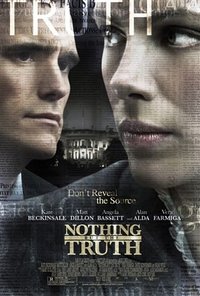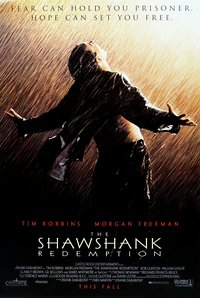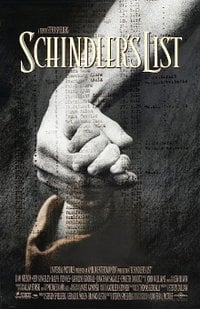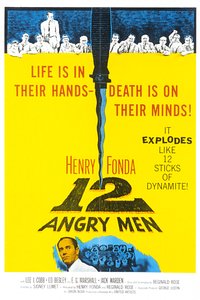
Nothing But the Truth Quotes
In Washington, D.C., a female reporter faces a possible jail sentence for outing a CIA agent and refusing to reveal her source.
Alan Burnside: [In front of the Supreme Court] In 1972 in Branzburg v. Hayes this Court ruled against the right of reporters to withhold the names of their sources before a grand jury, and it gave the power to the Government to imprison those reporters who did. It was a 5-4 decision, close. In his dissent in Branzburg, Justice Stewart said, 'As the years pass, power of Government becomes more and more pervasive. Those in power,' he said, 'whatever their politics, want only to perpetuate it, and the people are the victims.' Well, the years have passed, and that power is pervasive. Mrs. Armstrong could have buckled to the demands of the Government; she could've abandoned her promise of confidentiality; she could've simply gone home to her family. But to do so, would mean that no source would ever speak to her again, and no source would ever speak to her newspaper again. And then tomorrow when we lock up journalists from other newspapers we'll make those publications irrelevant as well, and thus we'll make the First Amendment irrelevant. And then how will we know if a President has covered up crimes or if an army officer has condoned torture? We as a nation will no longer be able to hold those in power accountable to those whom they have power over. And what then is the nature of Government when it has no fear of accountability? We should shudder at the thought. Imprisoning journalists? That's for other countries; that's for countries who fear their citizens - not countries that cherish and protect them. Some time ago, I began to feel the personal, human pressure on Rachel Armstrong and I told her that I was there to represent her and not her principle. And it was not until I met her that I realized that with great people there's no difference between principle and the person.
Alan Burnside: Look Ray, if you can sleep at night, you can sleep at night.
Ray Armstrong: She made a choice. Choices have consequences!
Alan Burnside: If you think your wife felt like she had a choice in this, then maybe you two shouldn't be together.
Ray Armstrong: Well, you can tell her or not. That's up to you. Keep up the good work!
Ray Armstrong: She made a choice. Choices have consequences!
Alan Burnside: If you think your wife felt like she had a choice in this, then maybe you two shouldn't be together.
Ray Armstrong: Well, you can tell her or not. That's up to you. Keep up the good work!
Dubois: Okay, I'll do all the yadda-yadda. Now you were within your rights to print the information that you obtained. However, you are not within your rights to protect who it was that gave Erica up to you, who exposed her. It's a 1982 law called the Intelligence Identities Protection Act. Your source is in a great deal of trouble.
Rachel Armstrong: [Interrupting] I have no intention to...
Dubois: [Overrides her] I'm doing the yadda-yadda, remember?
Rachel Armstrong: [Interrupting] I have no intention to...
Dubois: [Overrides her] I'm doing the yadda-yadda, remember?











